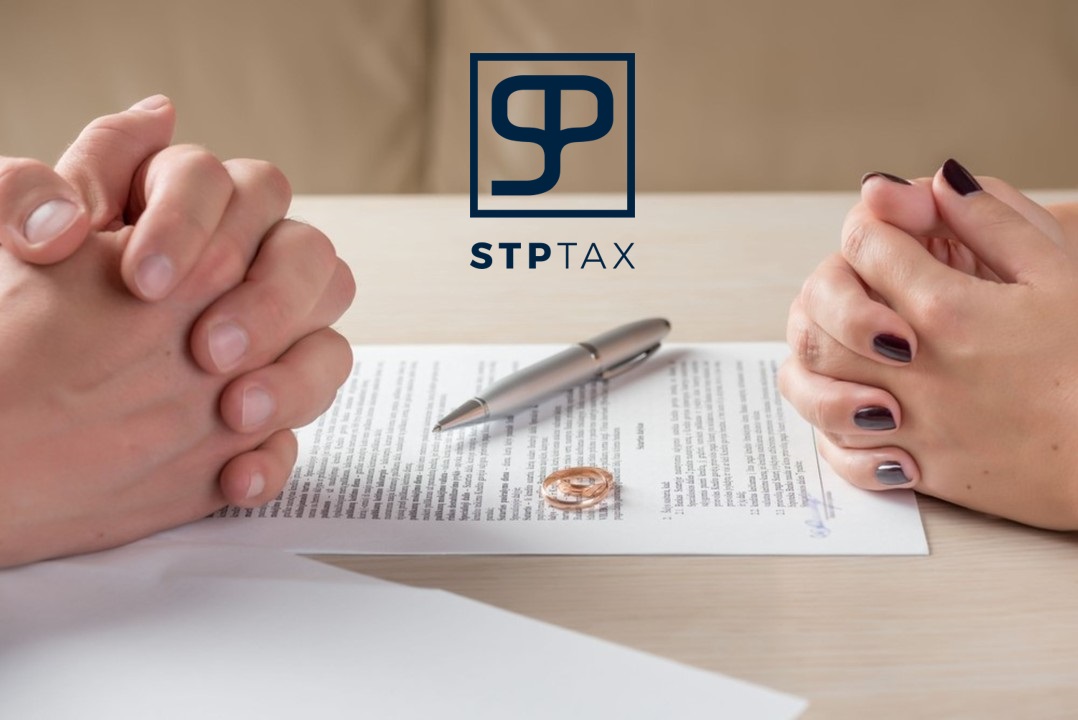
Post-Brexit gateway to the EU
For many years the Netherlands has been one of the preferred entry points for international business into the European Union (EU) thanks to its strong logistical base accompanied by robust legal and tax systems. Especially in context of trade in goods, the combination of relatively uncomplicated VAT compliance obligations (monthly/quarterly VAT returns instead of increasingly prevalent real-time VAT reporting), as well as a wide range of specific VAT regimes (such as import VAT deferment license, please see below), coupled with reasonably “relaxed” local tax authorities, constitute an attractive foundation for foreign investment. Needless to say, Brexit has only amplified this perception of the Netherlands.
Undoubtedly, Brexit has been challenging from a VAT perspective. Local companies wishing to remain active in the EU market have had to reconsider several aspects of their EU VAT position, including formal standing as non-EU persons. Also, they have been forced to revise operational supply chains impeded by a newly established customs border separating the UK from the EU. These challenges often required the relocation of part of the activities to an EU jurisdiction (such as the Netherlands) which, depending on the operational needs, would become an EU importing point for goods, host country for warehousing (out/in-sourced) or be a jurisdiction of choice for establishing an EU business unit (be it a branch or an operational subsidiary).
The Netherlands has proven to be a great “bridge” to the EU. The most attractive special VAT regime offered in the Netherlands appears to be the article 23 import VAT deferment license. If granted, the license allows the deferment of import VAT liability to the moment of filing the respective VAT return (the import VAT is reverse charged to the specific box in the VAT return) resulting in a cash-flow neutral position. Importantly, this facility is available to Dutch and foreign companies, however, non-Dutch established taxpayers are first required to appoint local tax representation on top of their foreign VAT registration in the Netherlands.
It might be that the EU expansion through the Netherlands can be fully outsourced (via e.g. third party logistics), however, at times upscaling of the activities requires partial local in-sourcing (such as hiring local employees), which results in a physical presence in the Dutch tax jurisdiction. This can result in local corporate income tax (CIT) liability (especially if a Dutch resident subsidiary is involved) and transfer pricing (TP) obligations. That means that part of the overall tax result of the UK business will be taxable in the Netherlands further to the application of the arm’s length principle (given that, most-likely, the Dutch unit will be purchasing products from the UK based headquarters (HQ) or otherwise transacting with the group based on a service agreement), requiring the allocation of part of the profits to the Dutch tax base.
The Dutch TP obligations are similar to the ones endorsed under the OECD Transfer Pricing Guidelines. The local rules apply to both national and cross-border transactions (without a materiality threshold) and basically entail the following: prices agreed among related parties (group companies) can be corrected if these prices differ from the prices that would have been agreed between non-related parties (the arm’s-length standard). Therefore, the price setting procedure between the UK based HQ and the Dutch business unit needs to reflect the market conditions and may require year-end commercial corrections to align with the Dutch TP rules. Importantly, the TP documentation in the Netherlands is mandatory for all Dutch CIT taxpayers (there is in principle no materiality threshold).
Please see our article featured in Gerald Edelman’s ‘autumn edition of The International Tax Round’.


